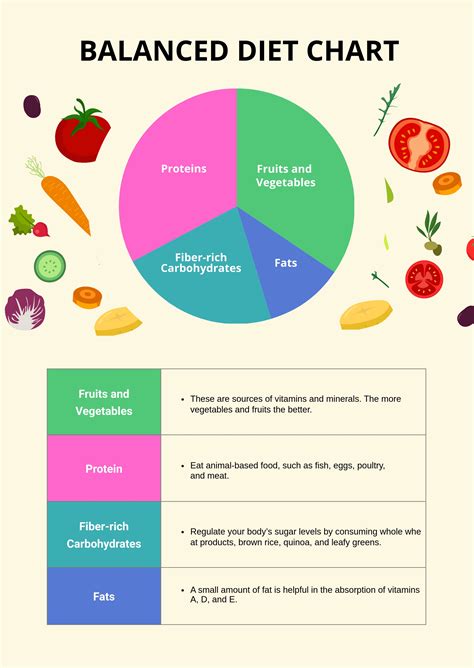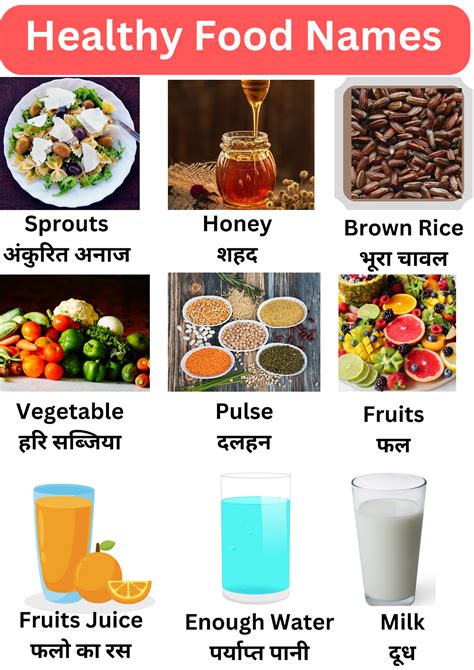Avoid energy crashes: What diet strategy sustains peak mental & physical performance?

The Scourge of Energy Crashes and the Promise of Sustained Vigor
Do you often find yourself hitting an energy wall mid-morning or afternoon, struggling with brain fog, or experiencing a sudden dip in physical stamina? These frustrating energy crashes are a common modern affliction, often a direct result of an imbalanced diet. The good news is that with a strategic approach to nutrition, you can not only avoid these dips but also unlock sustained peak mental and physical performance, keeping you sharp, focused, and energized from dawn till dusk.
Achieving consistent high performance isn’t about quick fixes or extreme diets; it’s about understanding how food fuels your body and brain, and then making smart, sustainable choices. The key lies in creating a steady supply of energy, avoiding the roller-coaster ride of blood sugar spikes and drops.

The Foundation: Stabilizing Blood Sugar
The primary culprit behind most energy crashes is unstable blood sugar. When you consume foods high in refined sugars and simple carbohydrates, your blood sugar levels spike rapidly, prompting your body to release a rush of insulin. This quickly brings blood sugar down, often too low, leading to the familiar crash, fatigue, and irritability.
The solution is to prioritize foods that provide a slow, steady release of glucose into your bloodstream. This means opting for complex carbohydrates rich in fiber, such as whole grains (oats, quinoa, brown rice), legumes, and a rainbow of fruits and vegetables. These foods are digested slowly, preventing drastic blood sugar fluctuations and ensuring a continuous energy supply.
Macronutrient Mastery: The Power Trio
Beyond blood sugar control, a balanced intake of all three macronutrients – carbohydrates, proteins, and healthy fats – is crucial for sustained performance.
Complex Carbohydrates: The Primary Fuel
As discussed, complex carbs are your body’s preferred and most efficient energy source, especially for brain function and sustained physical activity. Integrate them into every meal.
Lean Proteins: Sustained Energy & Repair
Protein slows down the absorption of carbohydrates, further aiding blood sugar stability. It also provides amino acids essential for neurotransmitter production (boosting mental clarity) and muscle repair. Include lean protein sources like chicken, fish, eggs, tofu, lentils, and Greek yogurt with each meal and snack.
Healthy Fats: Brain Health & Long-Lasting Fuel
Healthy fats are critical for brain function, hormone production, and providing a dense, long-burning energy source. Incorporate avocados, nuts, seeds, olive oil, and fatty fish (like salmon) into your diet. These fats contribute to satiety and prevent energy dips.

Beyond Macros: Micronutrients, Hydration, and Timing
Vitamins & Minerals: The Unsung Heroes
Even with perfect macros, a deficiency in key micronutrients can hinder energy production. B vitamins are vital for converting food into energy, iron prevents fatigue, and magnesium plays a role in hundreds of bodily functions, including energy metabolism. A diet rich in diverse whole foods generally ensures adequate intake.
Hydration: Fueling Focus and Function
Dehydration, even mild, can significantly impair cognitive function, mood, and physical performance. Make water your primary beverage throughout the day. Herbal teas and water-rich fruits and vegetables also contribute.
Strategic Meal Timing: Consistent Supply
Instead of three large meals, consider eating smaller, balanced meals and snacks every 3-4 hours. This keeps your metabolism steady and provides a consistent flow of nutrients, preventing the severe hunger and subsequent overeating that can lead to energy crashes.

Building Your Sustained Energy Plate
Putting these principles into practice means focusing on whole, unprocessed foods. Think about building your plate with:
- Half a plate of non-starchy vegetables: Leafy greens, broccoli, peppers, etc.
- A quarter plate of complex carbohydrates: Quinoa, brown rice, sweet potato, whole-grain bread.
- A quarter plate of lean protein: Chicken breast, fish, beans, tofu.
- A source of healthy fats: A slice of avocado, a handful of nuts, a drizzle of olive oil.
Snacks should follow a similar balanced approach, combining protein and healthy fats with complex carbs – for example, an apple with almond butter, Greek yogurt with berries, or a handful of trail mix.

Lifestyle Synergies for Optimal Energy
While diet is paramount, remember that it operates within a broader lifestyle context. Adequate sleep, regular physical activity, and effective stress management are all synergistic with a peak-performance diet. Together, they create a robust foundation for sustained energy and optimal mental and physical output.

Empowering Your Performance Through Diet
Eliminating energy crashes and sustaining peak performance is an achievable goal, not a mythical one. By focusing on stabilizing blood sugar, balancing macronutrients, prioritizing whole foods, staying hydrated, and optimizing meal timing, you can transform your energy levels and cognitive function. Embrace these dietary strategies, and empower yourself to perform at your best, day in and day out, feeling consistently energized and mentally sharp.









